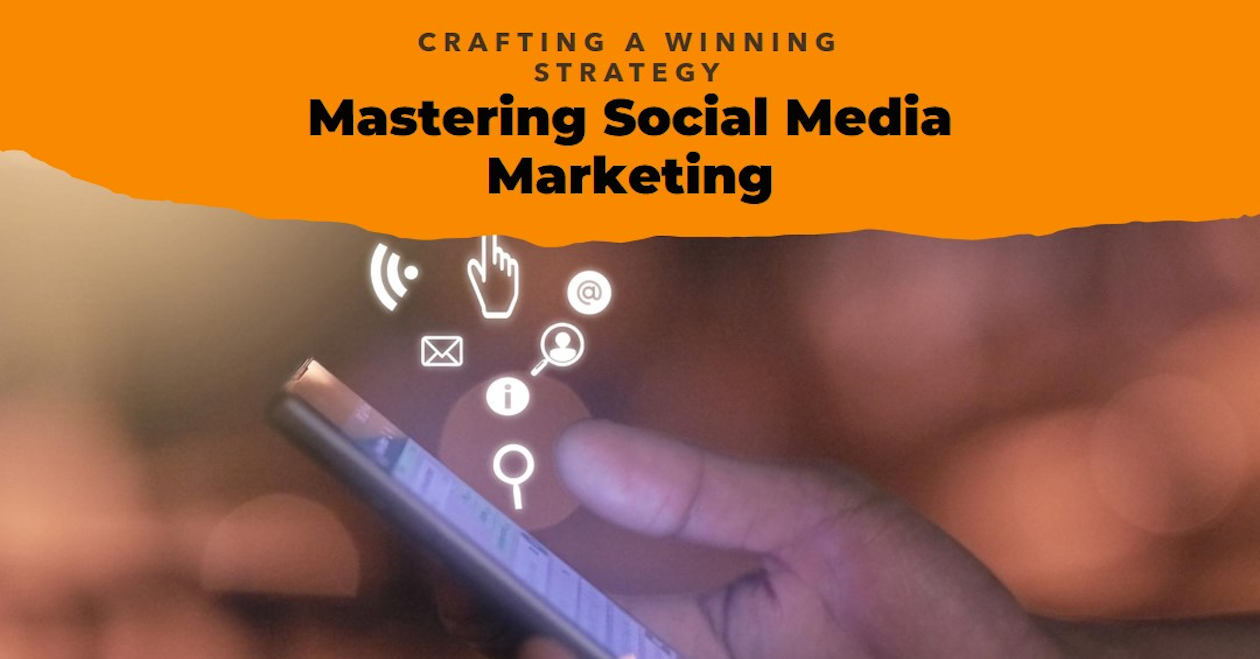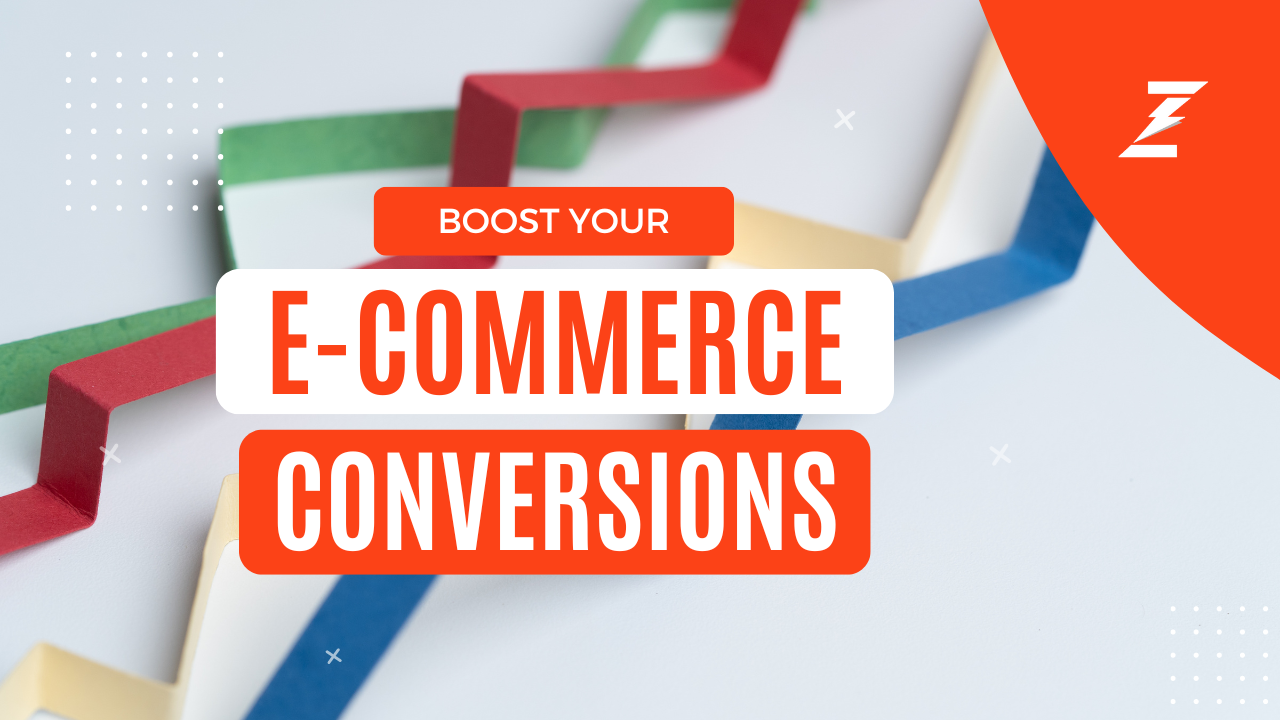
In today’s digital landscape, the integration of Social Media Marketing Strategies into web development and marketing strategies has become paramount. Social media platforms serve as powerful tools for businesses to connect with their target audience, build brand awareness, and drive traffic to their websites. This article explores the multifaceted role of social media in the realm of web development and marketing, examining its impact, challenges, and future trends.
Introduction to Social Media Marketing Strategies in Web Development and Marketing
Importance of Social Media Presence
Social media has revolutionized the way businesses interact with consumers, offering a direct line of communication and engagement. Establishing a strong presence on platforms like Facebook, Instagram, and Twitter is essential for enhancing brand visibility and credibility.
Overview of Web Development and Marketing
Web development encompasses the creation and maintenance of websites, while marketing involves promoting products or services to target audiences. The synergy between social media and these disciplines is evident in their collaborative efforts to achieve business objectives.
Social Media Platforms for Web Development
Utilizing Platforms like Facebook, Instagram, and Twitter
Social Media Marketing Strategies for each social media platform caters to a unique demographic and user base, providing businesses with diverse avenues for reaching their target audience. Leveraging these platforms effectively requires understanding their features and functionalities.
Integrating Social Media Buttons on Websites
Incorporating social media buttons on websites facilitates seamless sharing of content across platforms, expanding its reach and enhancing engagement. These buttons serve as gateways for users to connect with businesses on social media.
Leveraging Social Media for Marketing Strategies
Targeting Specific Audiences
Social media platforms offer sophisticated targeting options, allowing businesses to tailor their marketing efforts to specific demographics, interests, and behaviors. This precision targeting maximizes the effectiveness of marketing campaigns.
Building Brand Awareness and Engagement
Engaging content and interactive experiences on social media foster brand recognition and loyalty among consumers. By creating meaningful connections and fostering conversations, businesses can cultivate a loyal following and generate buzz around their brand.
Impact of Social Media on Website Traffic
Driving Traffic Through Social Media Channels
Social media serves as a gateway to website traffic, with businesses leveraging platforms to share blog posts, promotions, and product updates. Compelling content and strategic calls-to-action entice users to visit websites, driving traffic and conversions.
Analyzing Data and Metrics
Analyzing data and metrics from social media campaigns provides valuable insights into user behavior and preferences. By tracking metrics such as click-through rates, engagement levels, and conversion rates, businesses can refine their strategies for optimal results.
Social Media’s Role in SEO
Backlinks and Social Signals
Social media activity, such as shares, likes, and comments, contributes to a website’s authority and credibility in the eyes of search engines. By generating backlinks and social signals, businesses can improve their search engine rankings and visibility.
Enhancing Search Engine Rankings
The symbiotic relationship between social media and SEO extends beyond backlinks, with social media profiles often appearing in search engine results pages (SERPs). Optimizing social media profiles with relevant keywords and content can improve visibility and drive organic traffic.
Engaging Content Creation for Social Media
Importance of Quality Content
Compelling and relevant content is the cornerstone of successful social media marketing. By creating engaging multimedia content, businesses can capture the attention of their audience and foster meaningful connections.
Utilizing Multimedia Formats
Diversifying content formats, such as videos, images, and infographics, enhances engagement and appeals to different audience preferences. Leveraging interactive features and storytelling techniques further amplifies the impact of content on social media.
Social Media Advertising for Web Development
Paid Advertising Options
Social media platforms offer robust advertising solutions, including sponsored posts, display ads, and influencer partnerships. Paid advertising allows businesses to target specific demographics, maximize reach, and drive conversions.
Budgeting and Targeting Techniques
Effective budgeting and targeting are crucial for optimizing the ROI of social media advertising campaigns. By setting clear objectives, defining target audiences, and monitoring performance metrics, businesses can allocate resources effectively and achieve their marketing goals.
Social Media Analytics and Insights
Monitoring Performance and Engagement
Regular monitoring of social media analytics provides valuable insights into the effectiveness of marketing strategies. By tracking key metrics such as reach, engagement, and conversion rates, businesses can identify trends, measure ROI, and make data-driven decisions.
Adjusting Strategies Based on Analytics
Analyzing social media data enables businesses to identify areas for improvement and optimize their marketing strategies accordingly. Whether adjusting content formats, refining targeting parameters, or reallocating advertising budgets, data-driven insights inform strategic decision-making.
Incorporating Social Media into Web Design
Responsive Design for Social Sharing
Responsive web design ensures a seamless user experience across devices, facilitating easy sharing of content on social media platforms. Optimizing websites for social sharing increases visibility and encourages user-generated content.
Optimizing User Experience for Social Interaction
Integrating social media features into website design enhances user engagement and encourages interaction. From social login options to embedded feeds and sharing buttons, incorporating social elements enriches the user experience and fosters community building.
Challenges and Opportunities in Social Media Marketing
Overcoming Algorithm Changes
Social media algorithms are constantly evolving, posing challenges for businesses to maintain visibility and engagement. Adapting to algorithm changes and staying abreast of platform




